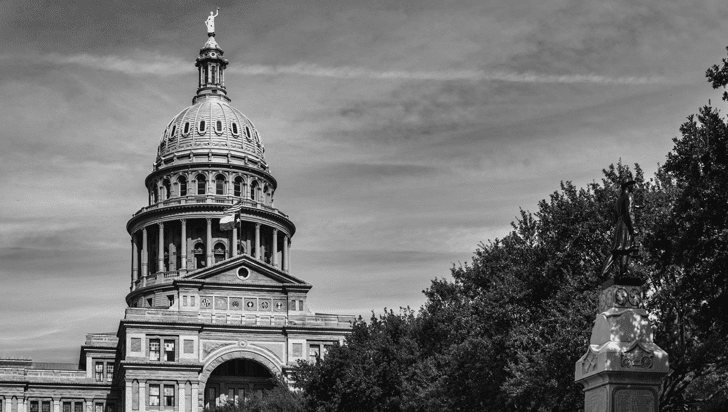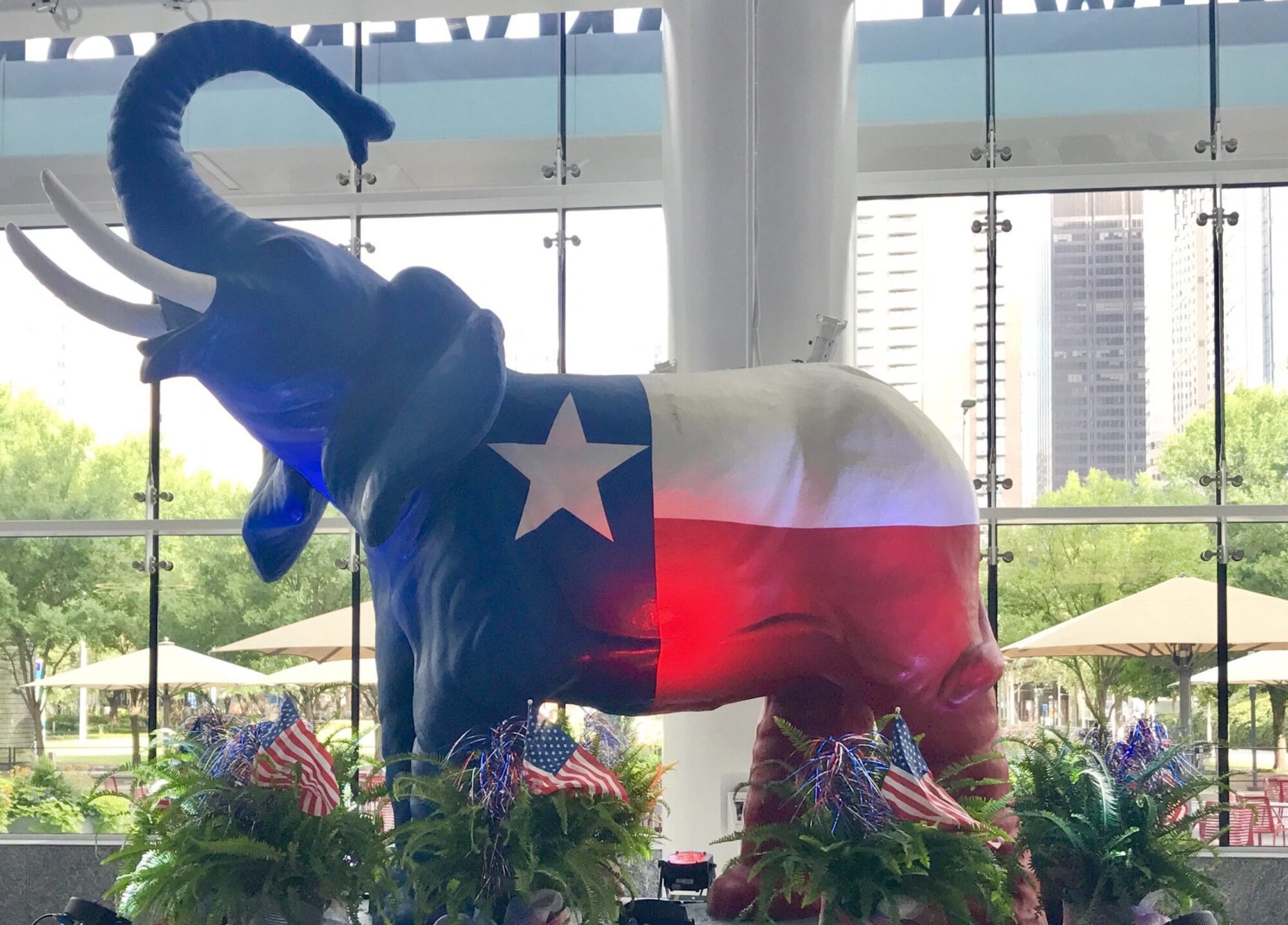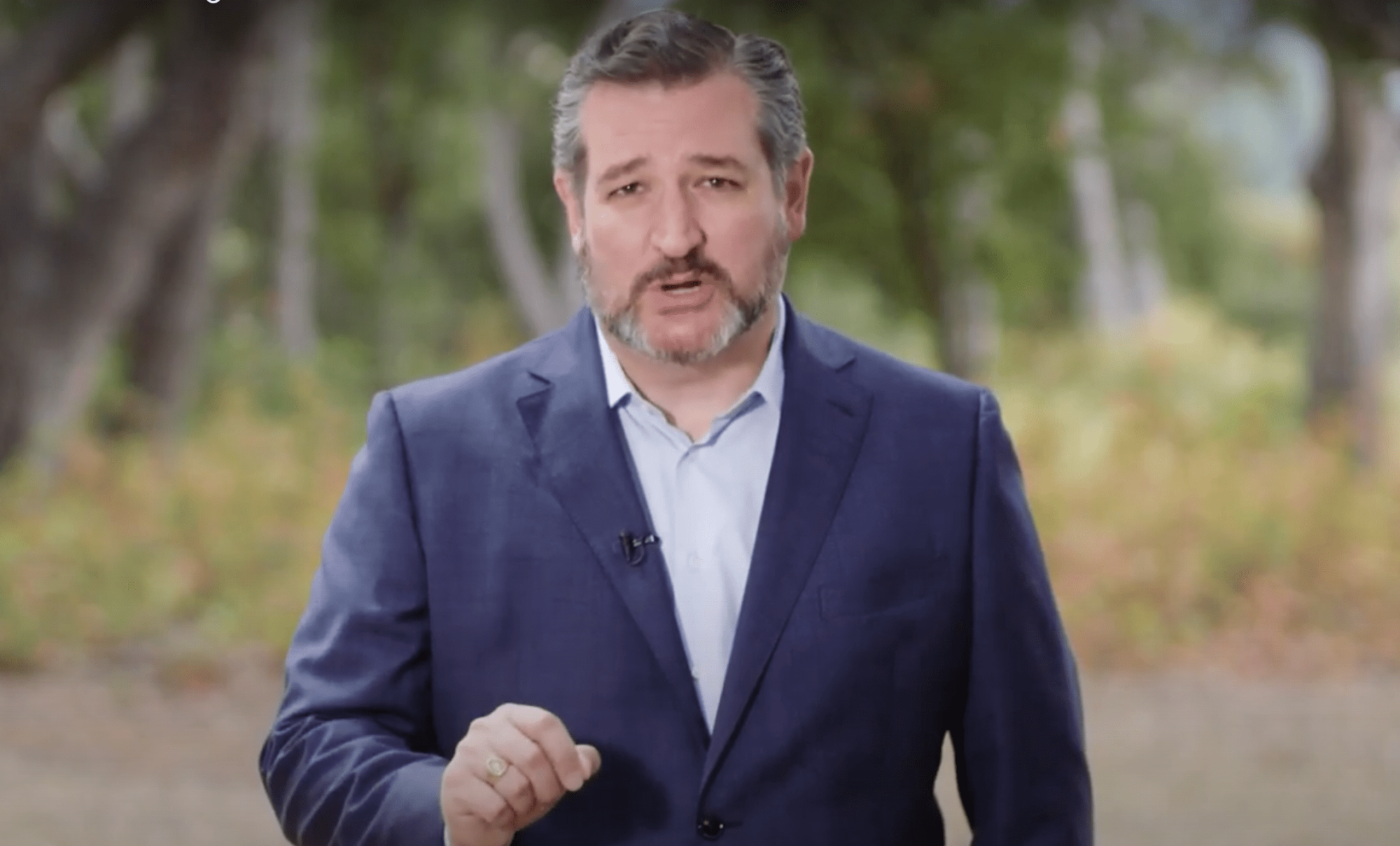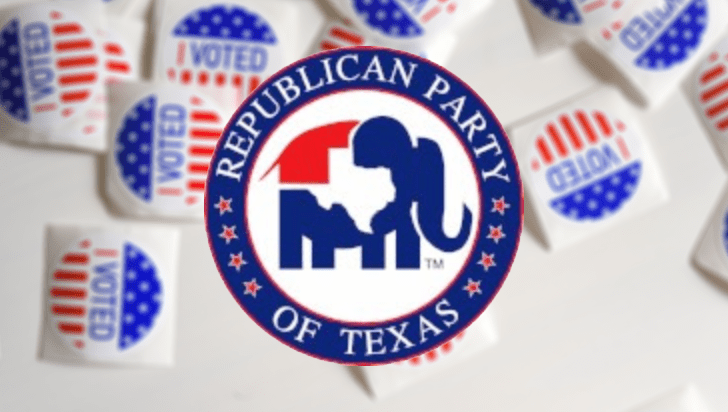As the year 2021 comes to a close, it’s important to reflect on the time that state leadership and lawmakers spent considering issues important to conservatives across Texas—and what was ultimately left unaddressed.
This year, the state Legislature convened four separate times.
The Legislature first convened for 140 days in its 87th regular legislative session between January 12 and May 31. It convened again for the first special legislative session in early July, for just five days, until a quorum break involving a majority of Democrat House lawmakers paralyzed the state Legislature for upwards of 37 days. The Legislature was able to reconvene again with a quorum near the end of August for the remainder of the second special legislative session. They were brought back for a third special legislative session near the end of September.
Yet, despite Republicans controlling every statewide office and both chambers of the state Legislature for almost two decades, and despite convening four separate times, significant issues and even priorities of the Republican Party of Texas were left incomplete.
Texas GOP Priorities Left Unaddressed
With regard to the legislative priorities of the Republican Party of Texas, a mixed bag of results for policy issues made it across the legislative finish line.
Protecting Children From Gender Modification
The issue of protecting children from gender modification took the form of several different pieces of legislation during the 87th regular legislative session. Ultimately, Republican lawmakers in the Texas House of Representatives stalled their consideration, leaving the issue unaddressed.
Though the Texas GOP consistently requested the issue be added to the special legislative sessions that followed, their calls were never heeded by Abbott.
Abolition of Abortion
Another issue left incomplete is the abolition of abortion. It is true that the Legislature did pass the Texas Heartbeat Act, but it is important to note that the enforcement mechanisms within the law itself still allow for an abortion to take place before a fetal heartbeat is detected, and only after an abortion takes place do the civil action provisions within the law itself go into effect.
The Legislature also passed what was dubbed a “trigger bill” in the event the Roe v. Wade decision is overturned by the U.S. Supreme Court, which would prohibit all abortions from taking place within the state of Texas, but only contingent on legal precedent being overturned.
The issue was never added to any of the subsequent special legislative sessions.
Monument Protection
Legislation seeking to protect all monuments and markers in the state from being removed, defaced, destroyed, or dishonored (including items specific to the Alamo and Alamo Cenotaph) were given virtually no consideration by the Legislature in the regular legislative session.
The issue was never added to any of the subsequent special legislative sessions.
School Choice for All
Similarly, the issue of school choice (empowering parents and guardians to choose from public, private, charter, or homeschool options for their own children’s education using tax credits or exemptions without government restraint or intrusion) was virtually given no real consideration.
In fact, when the Texas House of Representatives was considering the overall state budget as a part of their deliberations, school choice was overwhelmingly rejected. Only 29 House lawmakers voted against an amendment stipulating that money appropriated in the state budget “may not be used to pay for or support a school voucher, education savings account, or tax credit scholarship or a similar program through which a child may use state money for nonpublic primary or secondary education.”
The issue was never added to any of the subsequent special legislative sessions.
Ban on Taxpayer-Funded Lobbying
Though almost 95 percent of Republican voters approved of a ban on the practice of taxpayer-funded lobbying in the 2020 election cycle, lawmakers ultimately did not get the issue across the legislative finish line. Despite multiple pieces of legislation addressing the issue on the local, state, and federal levels, taxpayers are set to reluctantly continue to fund lobbyists, many of whom work against taxpayers’ own interests.
In fact, the only legislation to pass the Senate was that of a ban on the practice for local jurisdictions. As it was being considered in the House State Affairs Committee, the legislation was altered to include several loopholes by the chairman and House sponsor, Republican State Rep. Chris Paddie (Marshall).
Once the legislation was set to be considered by the overall House, Paddie delayed the legislation beyond a key deadline, taking the opportunity to take a jab at Republican State Rep. Mayes Middleton (Galveston), the author and key proponent of the legislation seeking to end the practice on a statewide level, by postponing it to his birthday.
The issue was never added to any of the subsequent special legislative sessions, despite Lt. Gov. Dan Patrick requesting Abbott add it to the agenda.
Election Integrity Criminal Penalty
Though several pieces of legislation seeking to improve the integrity of the state election system did eventually pass, it was not without drama and important omissions.
Democrat lawmakers who prevented a quorum multiple times over the last year cited the election integrity legislation as the chief reason for their abdication of duty. When the Legislature was finally able to pass the omnibus election integrity legislation in the second special legislative session, an amendment was successfully tacked on that lowered the penalty for illegally voting.
It was grassroots activists who first pointed out this omission. Abbott added the consideration of a fix to the third special legislative session, but without an appetite to fix it in the Texas House of Representatives, the session concluded without it being addressed.
Vaccine Mandates
Though Abbott issued executive orders prohibiting government entities from administering COVID-19 vaccine mandates and vaccine passports as well as prohibiting employer vaccine mandates, private and public institutions have continued to ignore them. Abbott added the consideration of such mandates to the third special legislative session, but the Legislature chose not to address the issue.
Since then, both private employers and state agencies have defied the orders issued by Abbott.
As more Texans are having to choose between giving up their livelihoods or receiving a vaccination, the Republican Party of Texas and several activists, organizations, and Republican lawmakers have consistently called on Abbott to call a fourth special legislative session to address the issue.
So far, Abbott has been reluctant to say another special session is needed. Republican legislative leadership has generally joined him in supporting ongoing judicial consideration of such mandates. Meanwhile, Texans continue to report employers mandating vaccinations.
What Does It All Mean?
As the 2022 primary election cycle heats up, it is almost inevitable that candidates seeking offices up and down the ballot will attempt to campaign on their conservative credentials. For incumbent Republicans, much of that communication will cite successes over the last year.
And while lawmakers were successful in addressing some of the conservative activists’ requests, such as constitutional carry and spending limits, the question remains whether or not those items will be enough for voters to reward Republicans once again in the 2022 elections.





